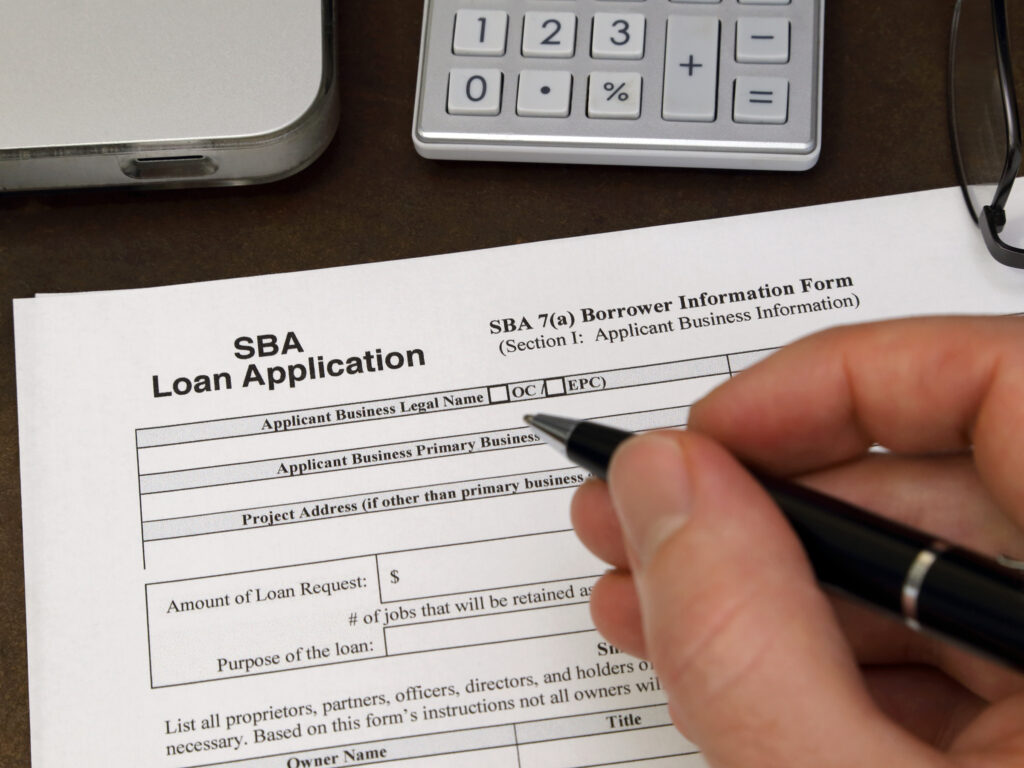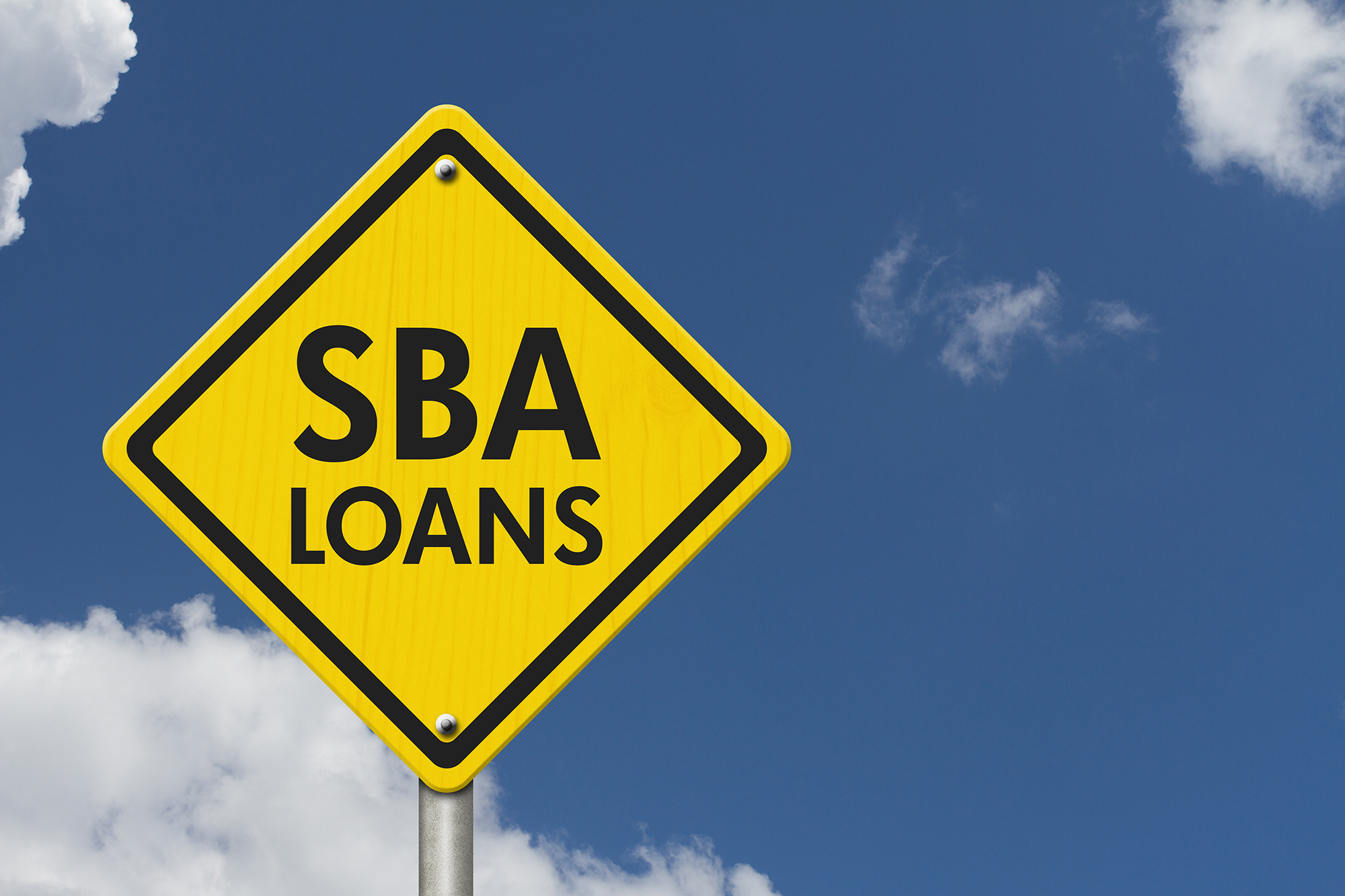The Small Business Administration (SBA) is a federal agency that provides financial assistance to small businesses. The Small Business Administration guarantees SBA loans, as the name suggests. This means that the SBA will cover up to 85% of the loan if the borrower defaults. This makes SBA loans more attractive to lenders, which can make it easier for small businesses to get the financing they need.
Common Types of SBA Loans
There are several different types of SBA loans available, each with its own eligibility requirements and terms.

- 7(a) loans: the most common type of SBA loan. They’re available for a variety of purposes, including business start-up, expansion, and working capital.
- 504 loans: designed to help small businesses acquire or improve real estate.
- Microloans: small loans, typically up to $50,000, designed to help small businesses with very few assets.
- Express loans: short-term loans, typically up to $350,000, designed to help small businesses with working capital needs.
Plus “What is a Commercial Real Estate Loan“
To be eligible for an SBA loan, a business must meet certain requirements. These requirements can include, but are not limited to, having a good credit score and a strong business plan. Additionally, the SBA has size requirements, meaning that the business must be relatively small in order to qualify.
The application process for an SBA loan can be complex, therefore it is important to work with a qualified lender. The bank approved you! Now you’ll have to repay the loan according to the terms of your loan agreement.
SBA loans can be a great way for small businesses to get the financing they need to grow and succeed. Nonetheless, it’s important to understand the eligibility requirements and terms of SBA loans before you apply. If you’re considering an SBA loan, be sure to work with a qualified lender who can help you through the process.
Benefits of an SBA Loan
- Guaranteed by the SBA: makes them more attractive to lenders, which can make it easier for small businesses to get the financing they need
- Available for a variety of purposes: this can include business start-up, expansion, and working capital
- Competitive interest rates: this can help small businesses save money on their financing costs
- Flexible terms: can be tailored to the needs of the borrower
Drawbacks of an SBA Loan
- Complex application process: it’s important to work with a qualified lender who can help you through the process
- Long approval process: it’s important to factor this into your plans if you are considering an SBA loan.
- Repayment requirements: must be repaid according to the terms of your loan agreement. If you default on your loan, the SBA may take action to collect the debt. This could include seizing your assets.
Overall, SBA loans can be a great option for small businesses that need financing. However, it’s important to understand the benefits and drawbacks of SBA loans before you apply. If you’re considering an SBA loan, be sure to work with a qualified lender who can help you through the process. We can help connect you with lenders who are active in the SBA market in Southern NH. Just give us a call today at 603-845-2500!

0 Comments